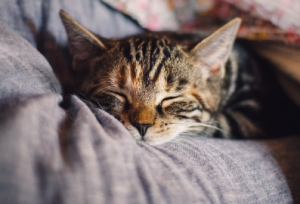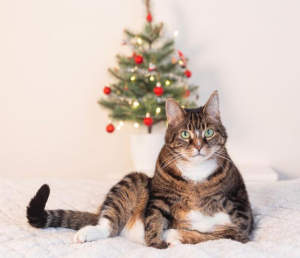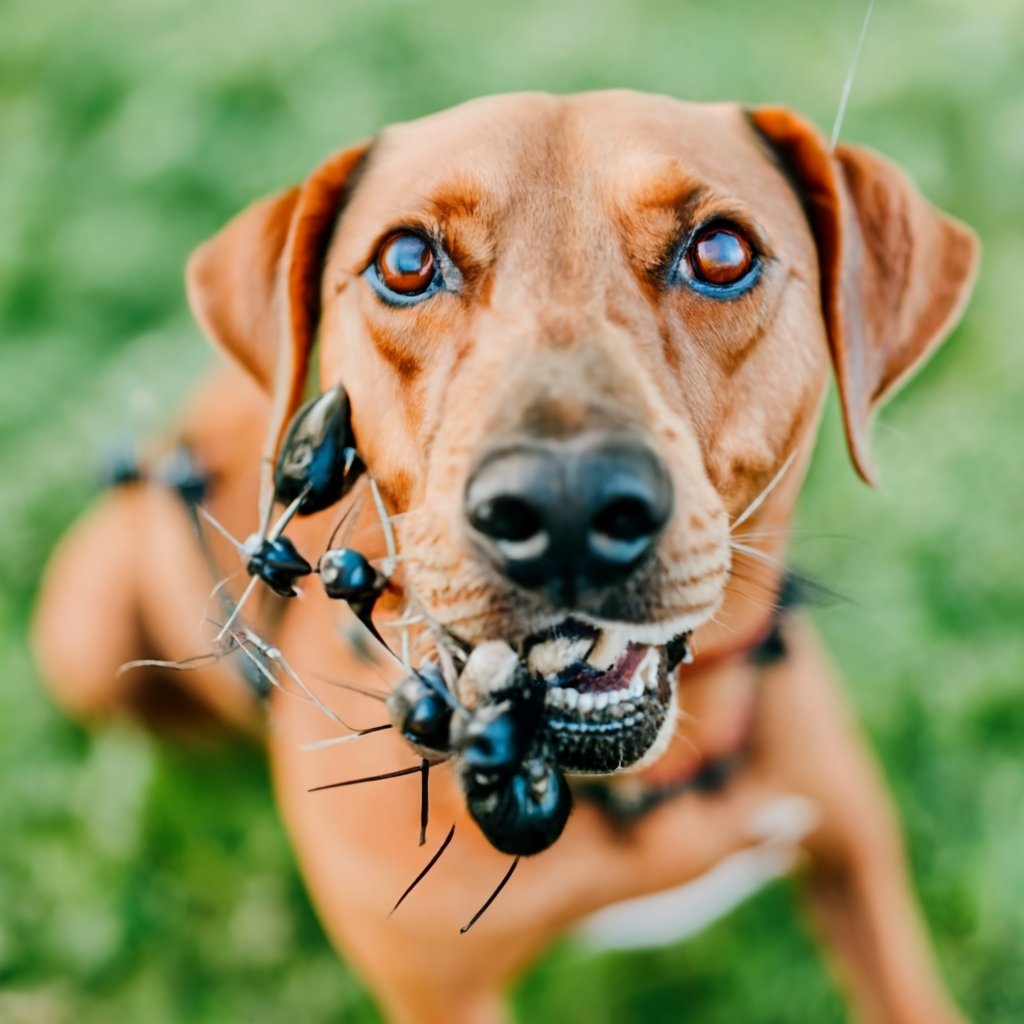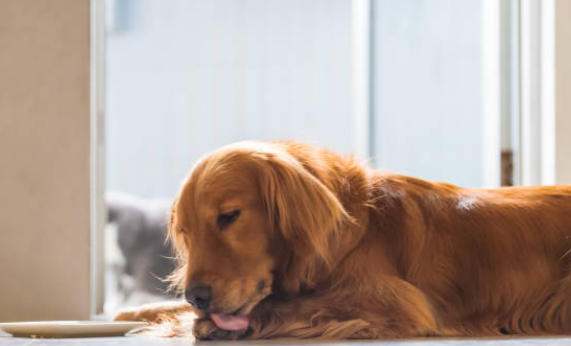Post-Operative Care for Cats: A Comprehensive Guide
Postoperative care is essential for a cat’s full and healthy recovery from surgery. Following your veterinarian’s instructions carefully can help your cat heal quickly and minimize the risk of complications.
Rest
One of the most important things you can do for your cat after surgery is to provide them with a quiet place to rest. This may mean keeping them in a separate room or area of the house where they won’t be disturbed. It is also essential to restrict their activity for some time, depending on their surgery type. Your veterinarian will give specific instructions on how long to limit your cat’s activity.
Pain Management
Your veterinarian will likely prescribe pain medication for your cat after surgery. Giving your cat the medicine as prescribed is essential, even if they don’t seem to be in pain. Pain can delay healing, so it is necessary to keep your cat comfortable.
Wound Care
If your cat has an incision, keeping it clean and dry is essential. Your veterinarian will give you specific instructions on how to care for the incision. You may need to clean it with a mild soap and water solution and apply a bandage. It is essential to check the incision regularly for signs of infection, such as redness, swelling, or discharge.
Feeding
Your cat may not want to eat much after surgery. This is normal. However, it is essential to encourage them to eat something, even if it is just a tiny amount. You may need to offer them their favorite food or water to make it more appealing. If your cat is still not eating after a few days, contact your veterinarian.
Drinking
It is essential to ensure your cat drinks plenty of fluids after surgery. This will help to prevent dehydration. You can offer your cat fresh water throughout the day or add a little chicken broth or tuna water to their water.
Litter Box
Your cat may have difficulty using the litter box after surgery, especially if they have had surgery on their abdomen or hind legs. Place the litter box in a more convenient location, such as in their bedroom or bathroom. You may also need to clean the litter box more often than usual.

Other Considerations
In addition to the above, there are a few other things you should keep in mind when caring for your cat after surgery:
- Monitor your cat’s behavior. If your cat seems to be in pain, is not eating or drinking well, or has other problems, contact your veterinarian immediately.
- Keep your cat away from other animals. This will help to prevent the spread of infection.
- Wait to bathe your cat until your veterinarian permits you.
- Keep your cat’s environment clean and free of germs. This includes cleaning their litter box regularly, washing their bedding, and disinfecting any surfaces they encounter.
When to Contact Your Veterinarian
You should contact your veterinarian if you notice any of the following signs in your cat after surgery:
- Pain
- Lack of appetite
- Vomiting
- Diarrhea
- Difficulty using the litter box
- Redness, swelling, or discharge from the incision
- Lethargy
- Fever
Additional Tips for Caring for Your Cat After Surgery
- Create a comfortable recovery space. This could be a quiet room or area where your cat can rest and recover without being disturbed. Make sure the space is clean and free of clutter.
- Provide your cat with a soft bed or blanket to sleep on. Put a heating pad on a low setting under the bed or blanket to keep your cat warm.
- Make sure your cat has access to fresh water at all times. You may also want to offer them their favorite food or water to make it more appealing.
- Check your cat’s incision regularly for signs of infection, such as redness, swelling, or discharge. If you notice any problems, contact your veterinarian immediately.
- Limit your cat’s activity for some time, depending on the type of surgery they had. Your veterinarian will give you specific instructions on how long to restrict your cat’s movement.
- Be patient and understanding. It may take some time for your cat to recover from surgery fully. Just be there for them and give them the love and care they need.
Common Postoperative Complications in Cats
Surgery is a standard medical procedure for cats, and it can be used to treat various conditions, including injuries, tumors, and infections. While most surgeries are successful and cats fully recover, some potential complications can occur after surgery.
Some of the most common postoperative complications in cats include:
- Pain is a normal part of the healing process after surgery, but it can be severe in some cases. Your veterinarian will prescribe pain medication to help your cat manage their discomfort.
- Infection: Surgical wounds are disease-resistant, especially if the cat licks or chews at the incision. It is essential to keep the incision clean and dry and to monitor your cat for signs of infection, such as redness, swelling, discharge, or fever.
- Bleeding: Bleeding is another potential complication of surgery. This can be internal or external bleeding. Internal bleeding can be challenging to detect but may cause symptoms such as pale gums, lethargy, and weakness. External bleeding can be seen from the incision site. Contact your veterinarian immediately if you notice any bleeding from your cat’s incision.
- Swelling: Swelling is a normal part of the healing process after surgery. However, excessive swelling can be a sign of infection or other complications. If your cat’s incision is very swollen, contact your veterinarian.
- Suture failure: Sutures are used to close the incision after surgery. In some cases, the sutures may fail, which can cause the incision to open up. If your cat’s incision has opened up, contact your veterinarian immediately.
- Hernia: A hernia is when the abdominal contents protrude through a weakened area in the abdominal wall. Hernias can occur after surgery, especially if the incision is large or if the cat is active too soon after surgery.
- Nausea and vomiting: Nausea and vomiting are common side effects of anesthesia. Most cats will recover from these side effects within a few hours of surgery. However, contact your veterinarian if your cat continues to vomit or has severe nausea.
- Diarrhea: Diarrhea is another common side effect of anesthesia and surgery. Most cats will recover from diarrhea within a few days. However, if your cat has persistent diarrhea or bloody diarrhea, contact your veterinarian.
- Urinary retention: Urinary retention is when the cat cannot urinate. This can occur after surgery due to inflammation or swelling of the urethra (the tube that carries urine from the bladder to the outside of the body). If your cat is unable to urinate, contact your veterinarian immediately.
- Respiratory complications: Respiratory complications, such as pneumonia, can occur after surgery if the cat inhales fluid or food particles into their lungs. Respiratory complications can also occur if the cat has a pre-existing respiratory condition, such as asthma.
- Anesthetic complications: Anesthetic complications, such as allergic reactions and heart problems, can occur in any cat that undergoes anesthesia. However, these complications are relatively rare.
In addition to the general postoperative postoperative complications listed above, some specific complications can occur after certain types of surgery. For example, cats that undergo spay surgery may develop a condition called pyometra, which is a uterine infection. Cats that undergo dental surgery may develop a condition called oral mucositis, which is inflammation of the lining of the mouth.
Contact your veterinarian if you are concerned about your cat’s postoperative postoperative recovery. They can monitor your cat for complications and provide you with instructions on how to care for your cat at home.
How to Reduce the Risk of Postoperative Complications in Cats
Several things can be done to reduce the risk of postoperative postoperative complications in cats, including:
- Choosing a qualified veterinarian: It is essential to choose a veterinarian who is experienced in performing the type of surgery your cat needs.
- Pre-operative testing: Your veterinarian will likely recommend some pre-operative testing to assess your cat’s health and identify potential complications and risk factors.
- Pain management: Your veterinarian will prescribe pain medication to help your cat manage their discomfort after surgery.
- Wound care: Keeping your cat’s incision clean and dry is essential to reduce the risk of infection. Your veterinarian will provide you with instructions on how to care for your cat’s wound at home.
- Activity restriction: Restricting your cat’s activity after surgery is essential to allow the incision to heal properly. Your veterinarian will provide specific instructions on how long to limit your cat’s activity.
Conclusion
Postoperative care is essential for a cat’s full and healthy recovery from surgery. Following your veterinarian’s instructions carefully can help your cat heal quickly and minimize the risk of complications.



